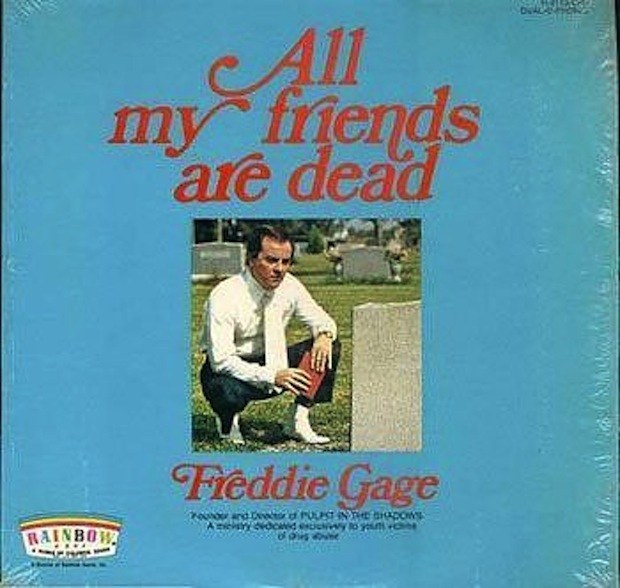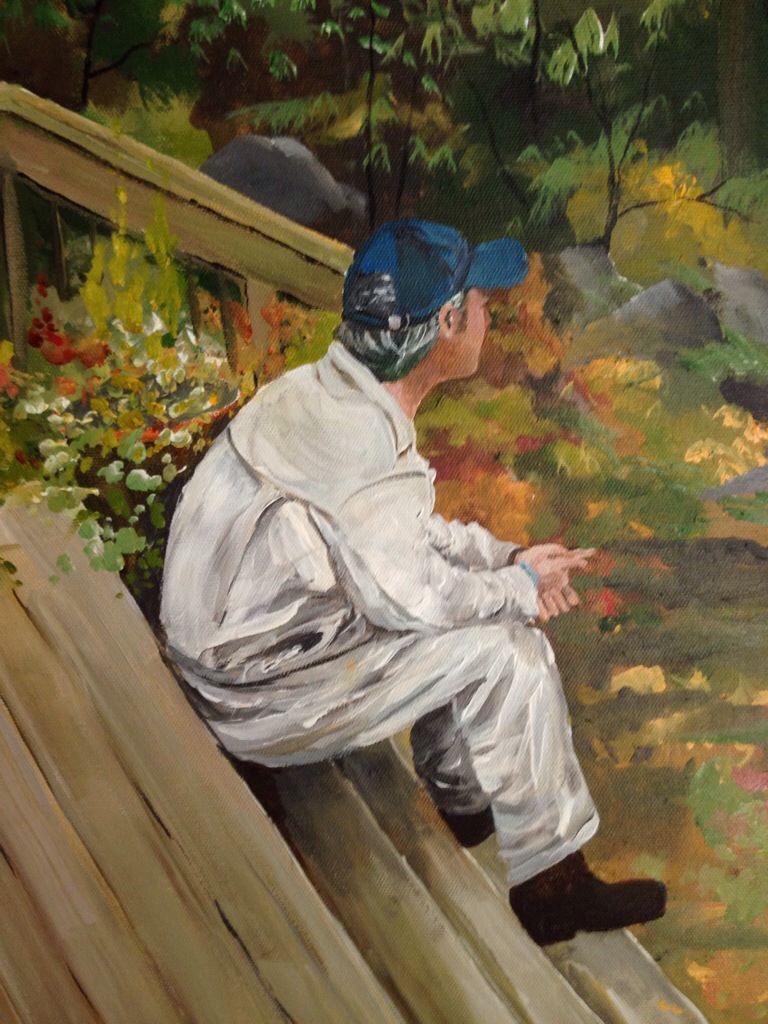In Friday’s Sun: no dope
Good people of Scaraborough-Agincourt, we give you Liberal Party candidate Arnold Chan. You should vote for him not so much for what Arnold has done – but for what the Conservative Party hasn’t.
To be precise, the Conservative Party hasn’t behaved itself in the Toronto riding, which was formerly the domain of one Jim Karygiannis. This week, the ruling party circulated noxious flyers all over Scarborough-Agincourt, much in the way that the Axis used to drop propaganda leaflets on advancing Allied troops. As in that case, the Tory propaganda is unlikely to defeat the Grit forces.
Take a look at the leaflet in question, if you don’t believe us. On one side, there is a photograph of Karygiannis, alongside a quote in which he is critical of Liberal leader Justin Trudeau. The Conservatives apparently think this is a big deal. Apparently they are unaware that Karygiannis – who stood astride Scarborough-Agincourt, like a Greek colossus of Rhodes, for more than 25 years – has disparaged every Liberal leader for a generation. Karygiannis being critical of Liberal leaders isn’t in any way news.
The flip side of the glossy Conservative Party leaflet is truly news, however, and voters in the June 30 Scarborough-Agincourt by-election should take note. It is, as Trudeau himself said, disgusting. It is a disgrace.
The leaflet displays an unflattering photograph of a goateed Trudeau, alongside a boy who is smoking a joint. Smoke is wafting towards Trudeau, and the leaflet states that “Trudeau wants marijuana in local stores, just like alcohol and cigarettes.”
Well, no, actually, he doesn’t. Trudeau’s marijuana policy – over which the Conservative Party has been obsessing, for more than a year – is one that is supported by plenty of folks, including veteran police officers. If implemented carefully, it is a sensible, reasonable approach.
Says Trudeau: “Our current approach on marijuana is failing in two primary ways. The first one is it is not protecting our kids from the negative impacts of marijuana on the developing brain. Secondly, we are funneling millions upon millions of dollars each year into organized crime and criminal gangs.”
Does that sound, to you, like Justin Trudeau and his party wish to sell “marijuana in local stores, just like alcohol and cigarettes”? No, it doesn’t. In fact, it sounds like Trudeau wants to move aggressively to keep dope away from kids – and that he wants to inflict maximum damage on criminal organizations that profit from trafficking in it.
So, in other words, the Conservative Party leaflet – which was fraudulently designed to look like it came from Jim Karygiannis, not the Conservatives – is a lie. More significantly, it will not work.
Here is something that can be placed on another leaflet: one, about fifty polls have been conducted since Justin Trudeau became Liberal leader. He has been far ahead of Stephen Harper in all but a couple of them. Two, the Conservatives’ bizarre, infantile fixation on marijuana – which just about every living adult Canadian has tried, at least once – hasn’t helped them one bit. There is evidence (see point one) that it may even have hurt them.
There is a year left until the Conservative Party’s mandate runs out. If their idiocy in Scarborough-Agincourt is going to remain their political strategy, it will be their last year in power.
Remember that name, Scarbough-Agincourt: Arnold Chan. By voting for him, you have a unique opportunity to send the Conservative Party a message.
That is, it is Stephen Harper who is acting like he is on drugs. Not Justin Trudeau.


